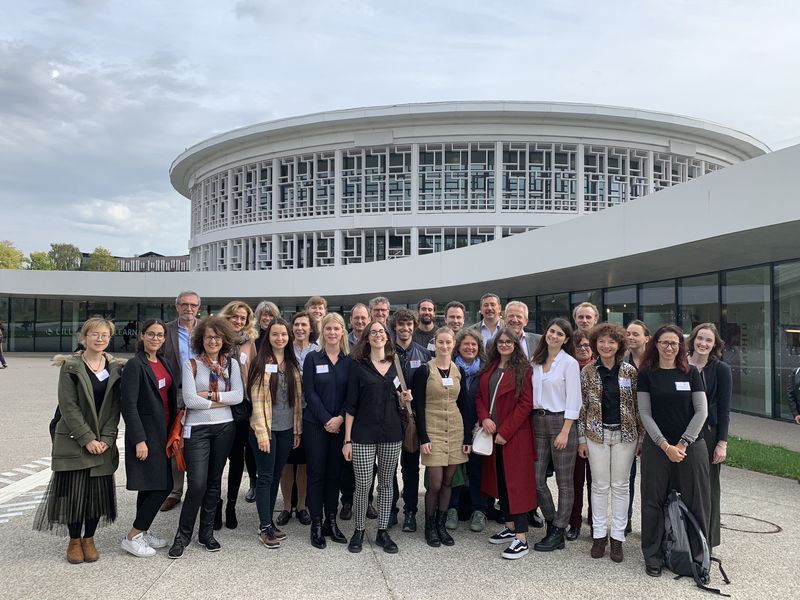pH and Ion Transport in Pancreatic Cancer – pHioniC
pHioniC is a Marie Skłodowska-Curie Innovative Training Network on the role of pH and ion transport proteins in pancreatic cancer. It is funded by the European Commission from 1st November, 2018 to 31th October, 2022.

pHioniC brings together highly synergistic expertise, research and training facilities to investigate pancreatic ductal adenocarcinoma (PDAC), a frequent and aggressive cancer that is still incurable. The program’s central hypothesis has a strong grounding in the organ physiology of the exocrine pancreas. Secretion of the alkaline pancreatic juice, normally associated with digestion, produces intermittent acidifications of the pancreas stroma resulting in an acid adaptation of pancreatic cells. We are first to propose that this adaptation facilitates PDAC initiation and progression by selecting for more aggressive phenotypes in interplay with PDAC driver mutations.
The pHioniC project is divided into three scientific workpackages (WPs). WP1 establishes in vitro and in vivo disease models allowing precise measurements and manipulation of the pancreatic pH landscape. WP2 will provide mechanistic insight on the role of pH and transport proteins in PDAC progression. WP3 will develop therapeutic concepts that are exploiting the pancreatic pH landscape.
pHioniC is a follow-up of the previous Marie Curie Initial Training Network IonTraC that was funded within FP7 from 2011-2015 (https://www.medizin.uni-muenster.de/iontrac/home/).